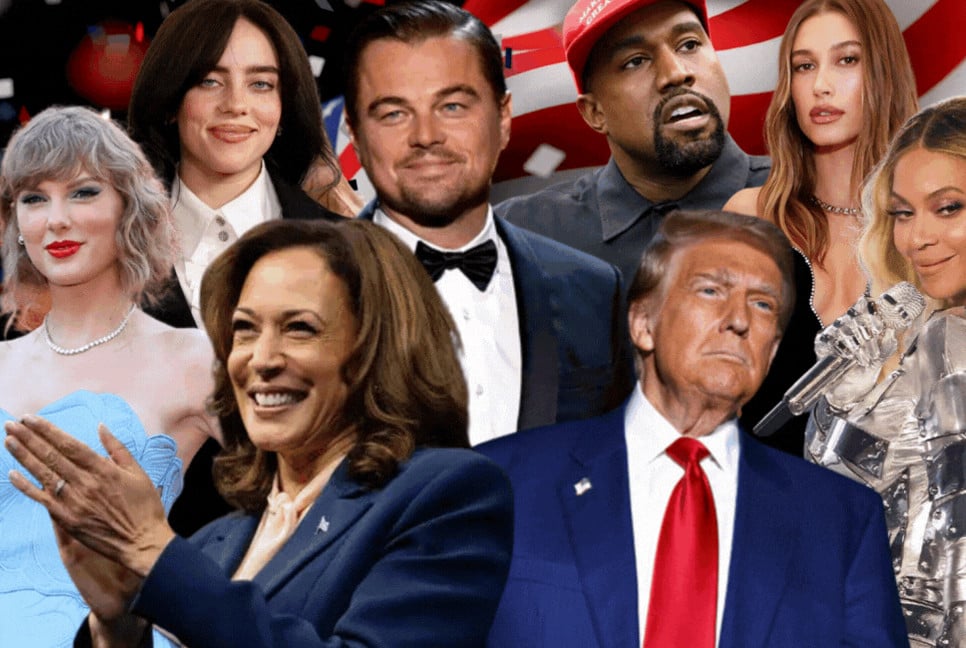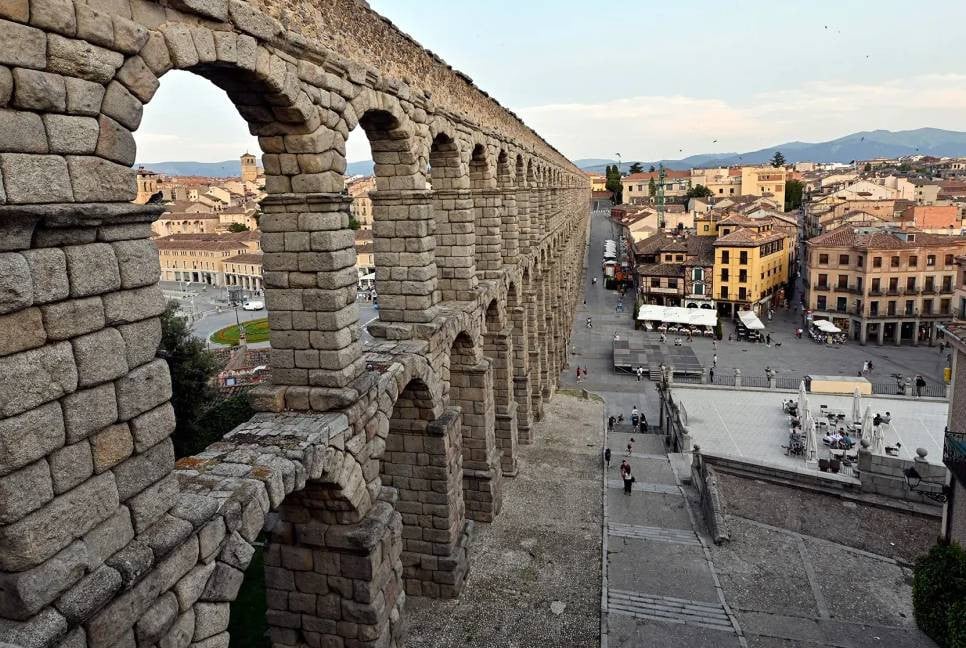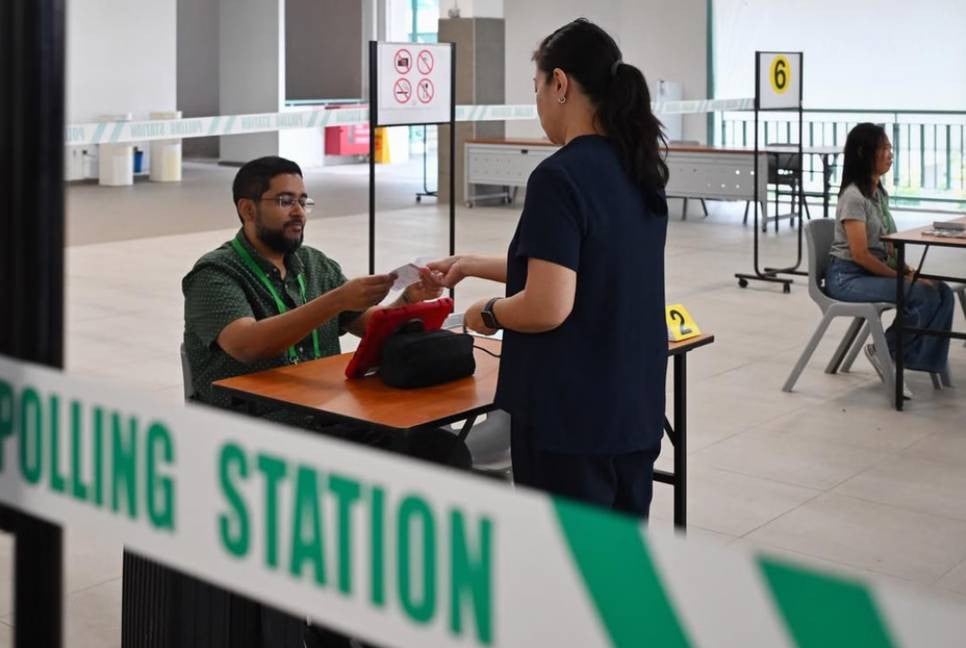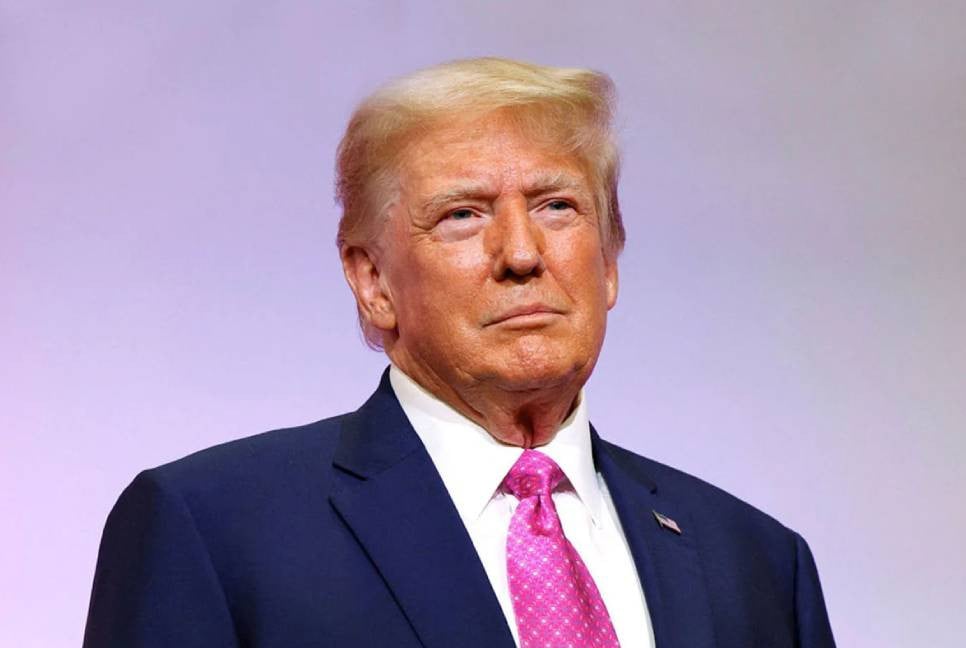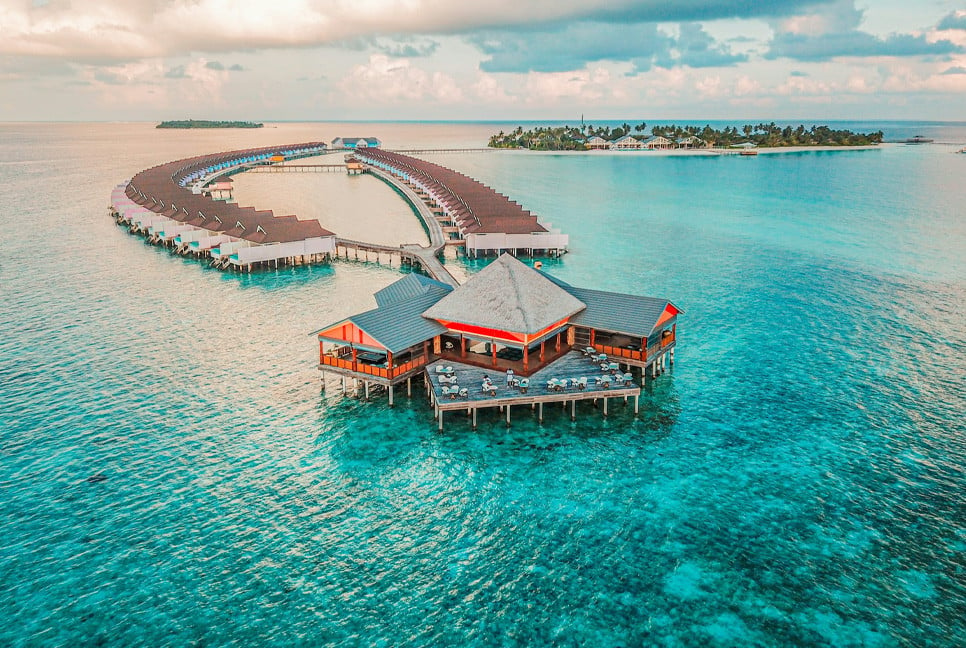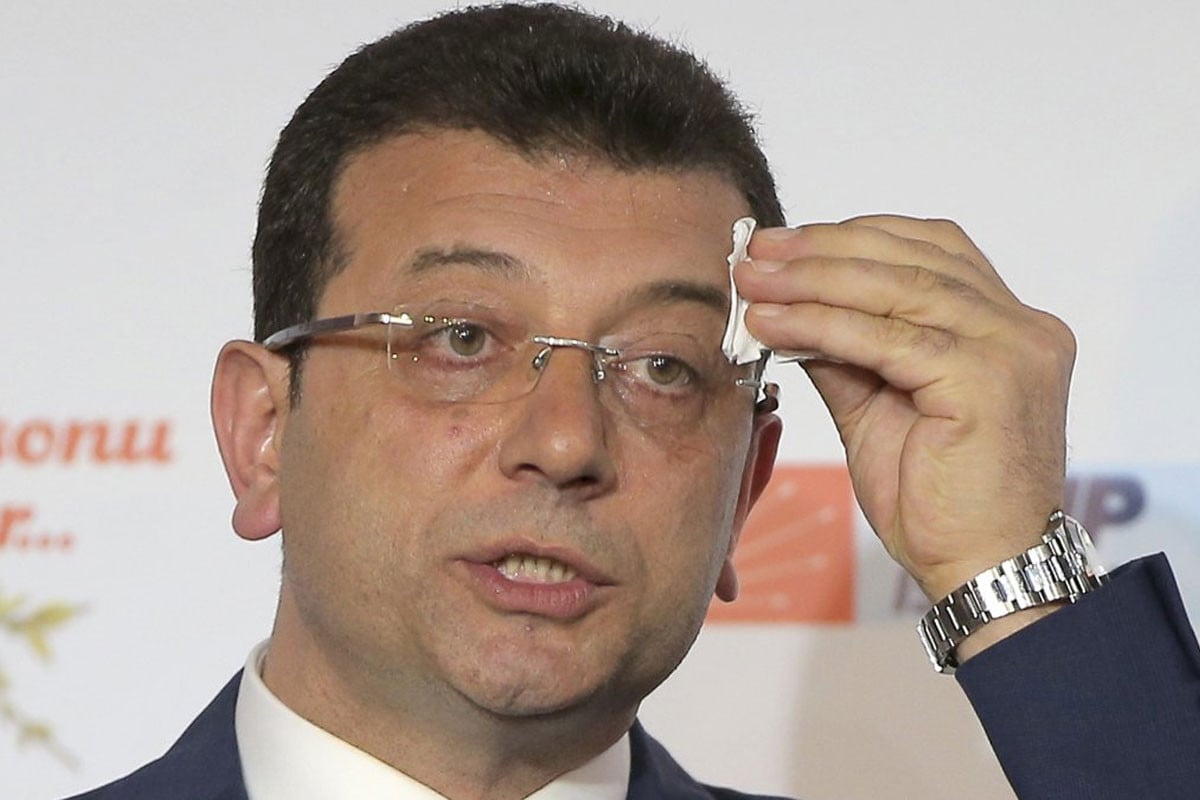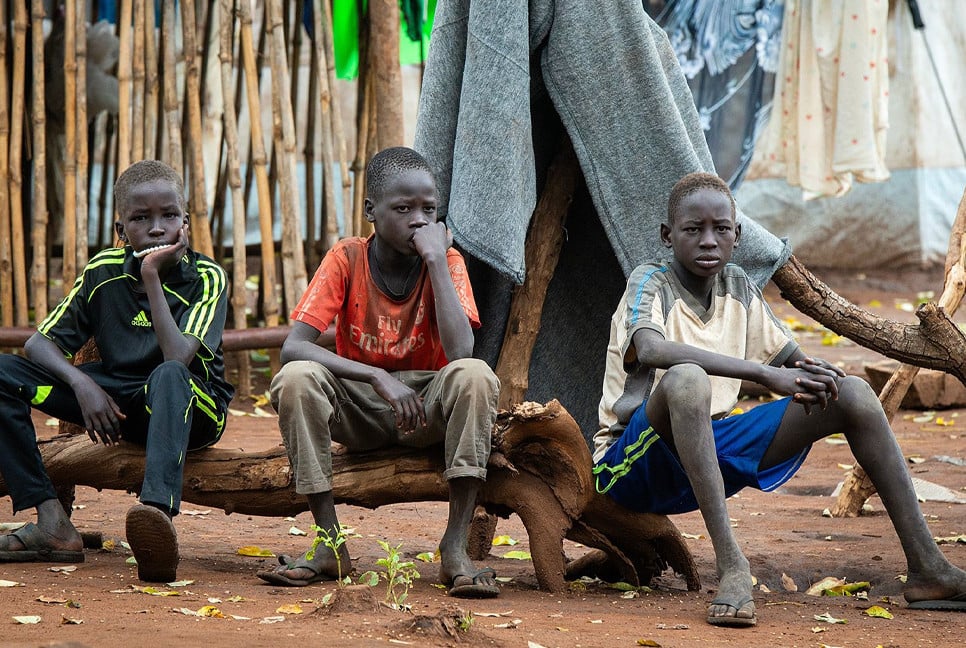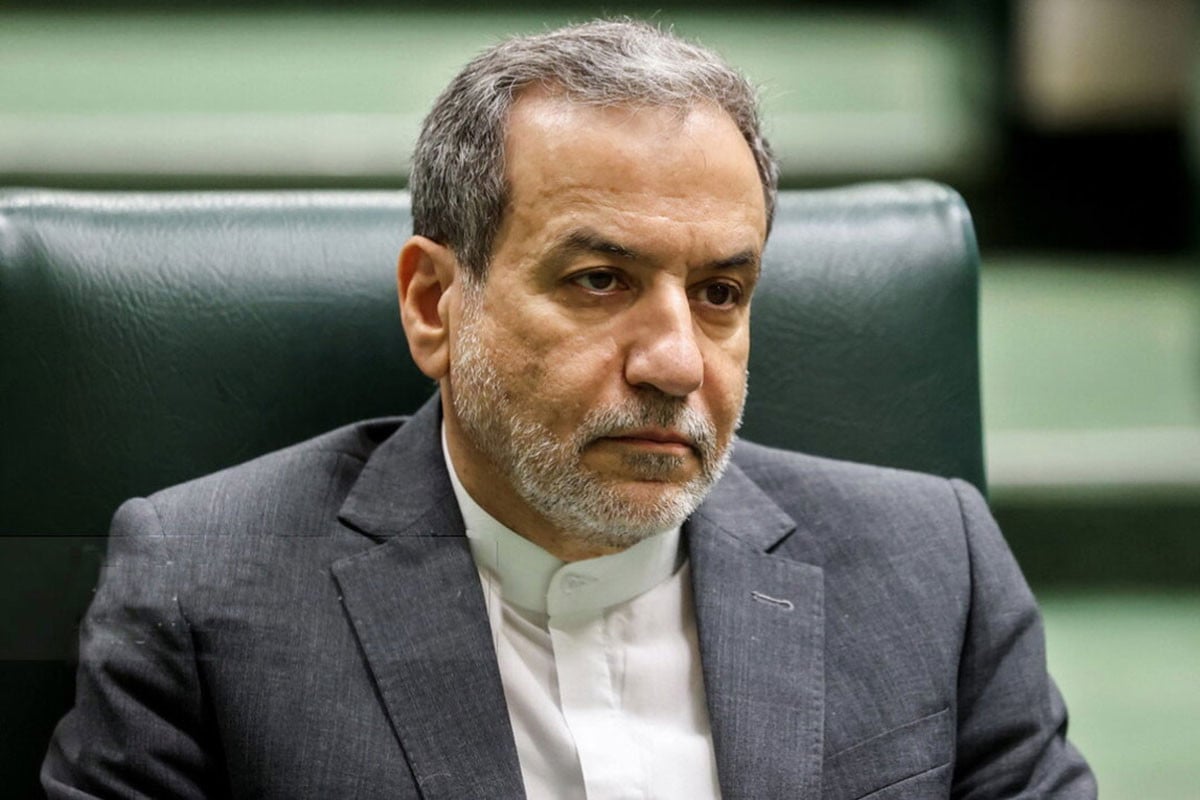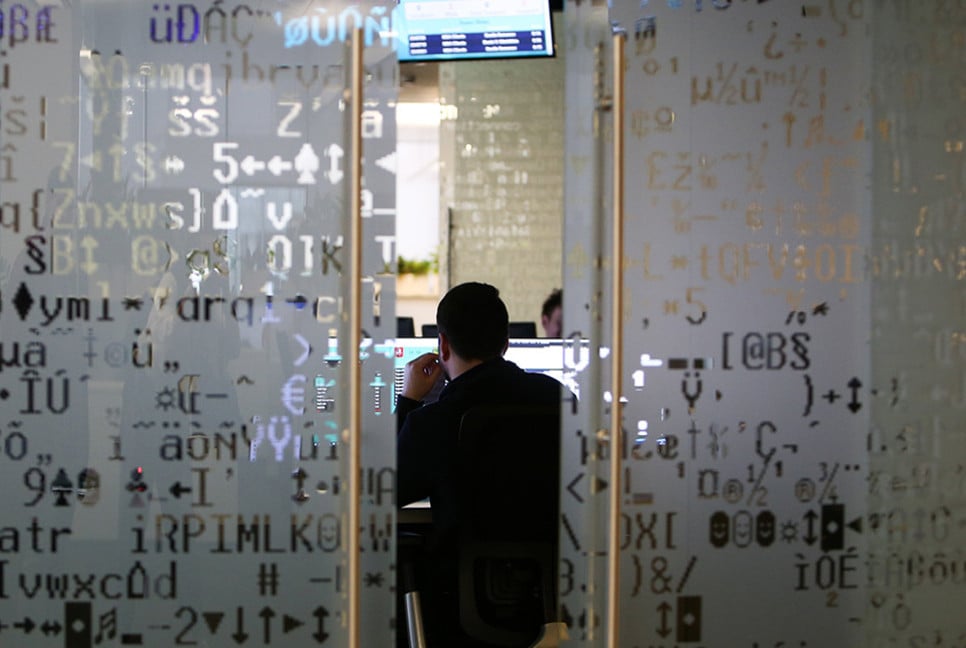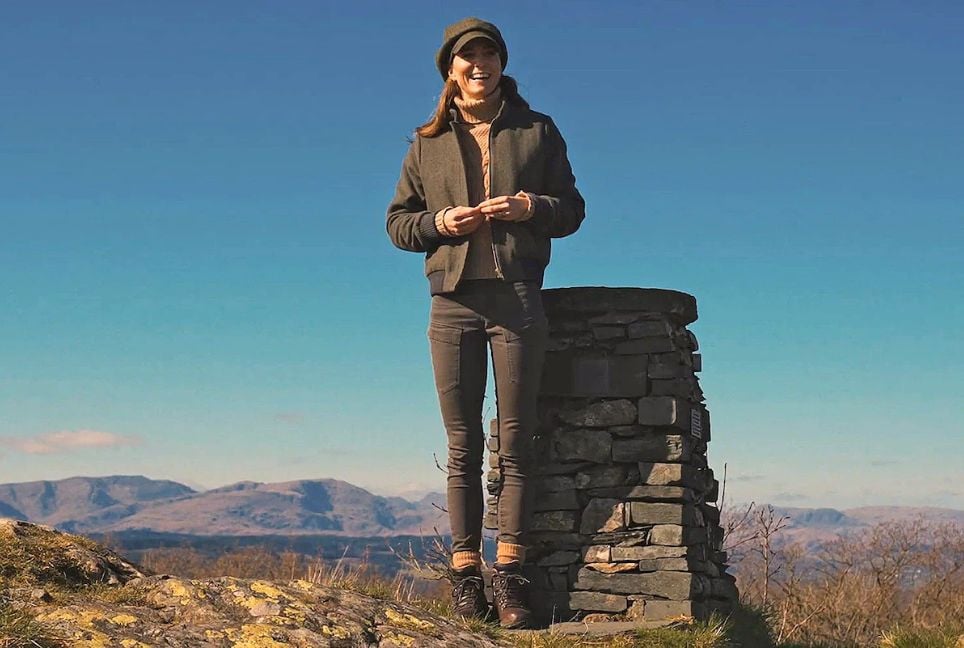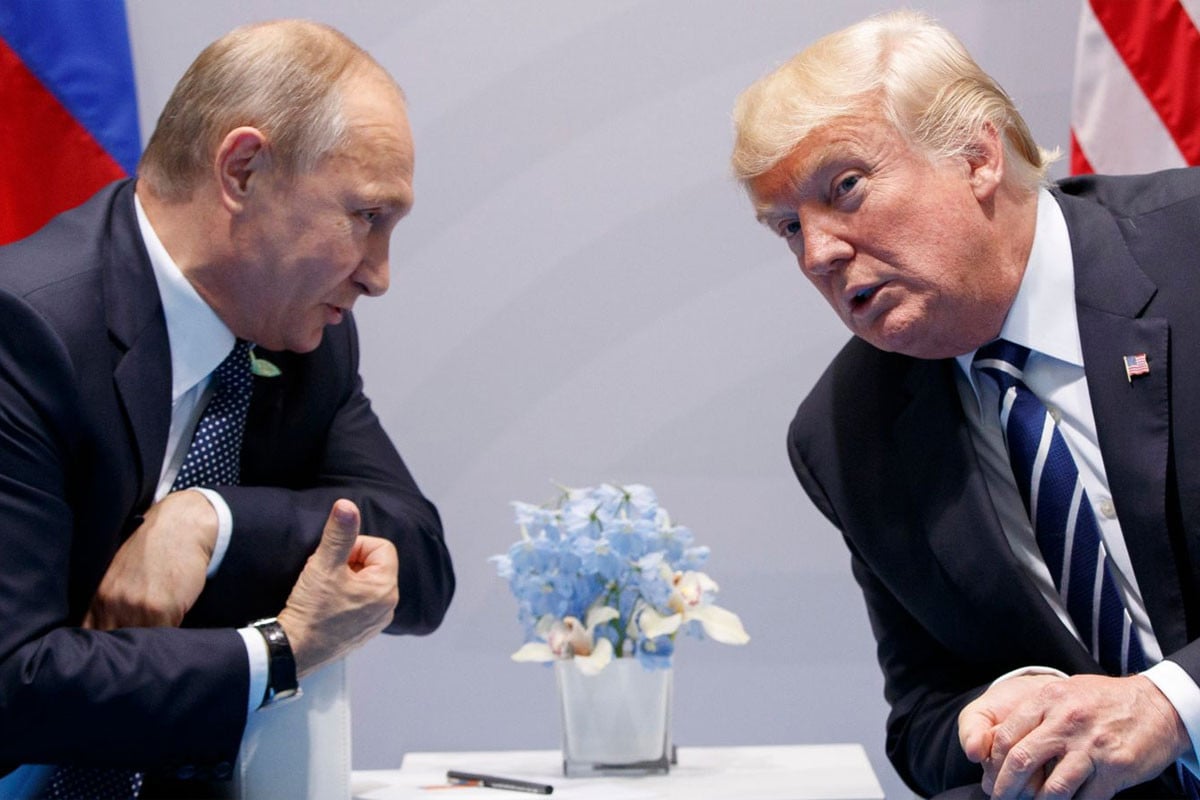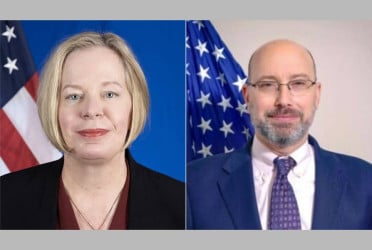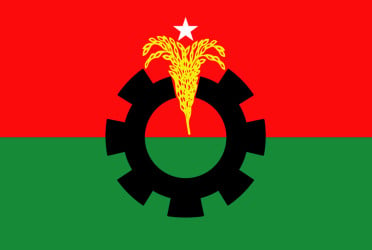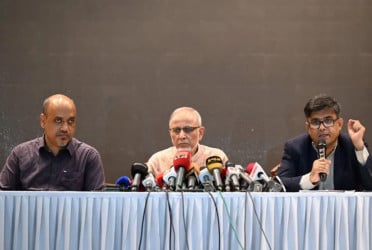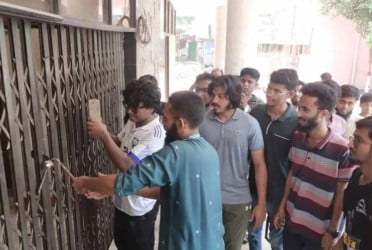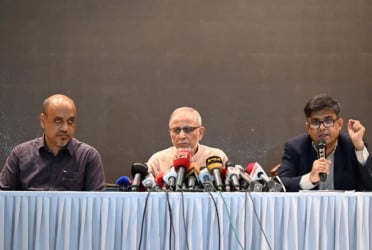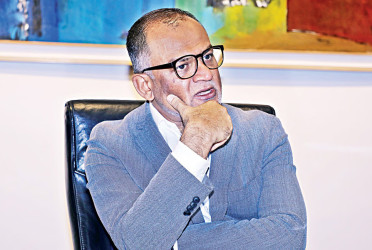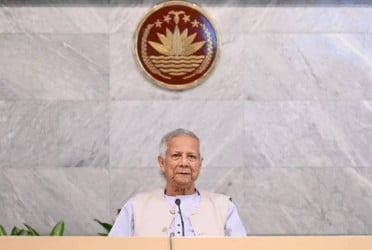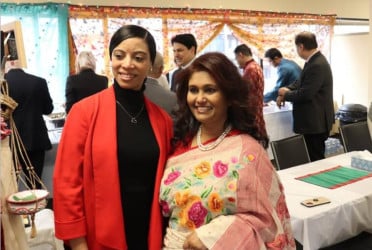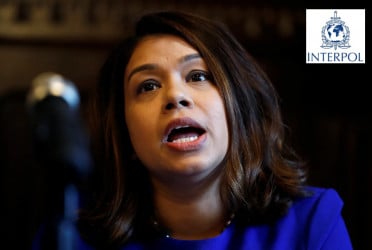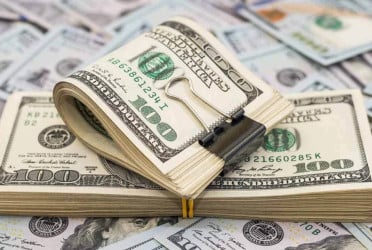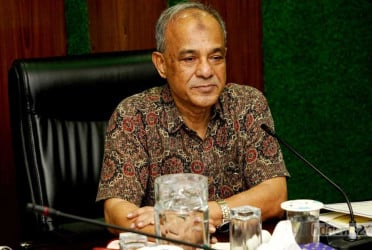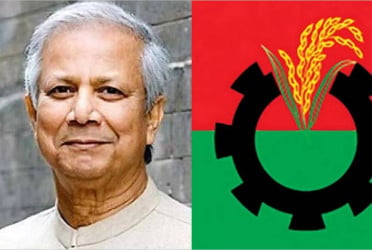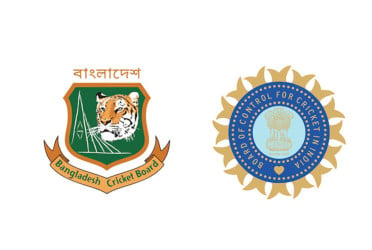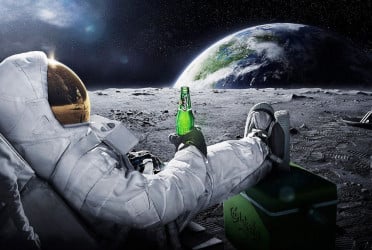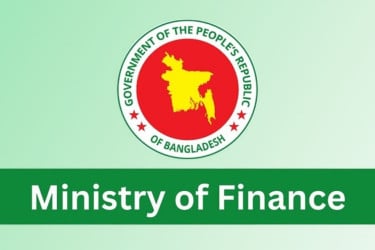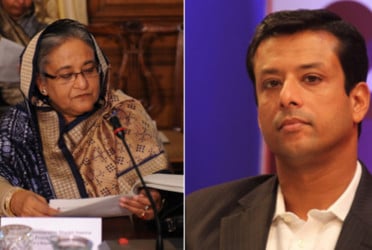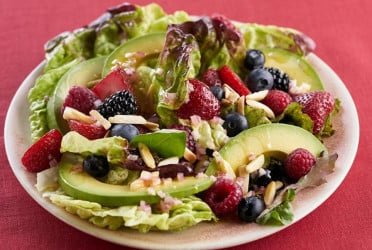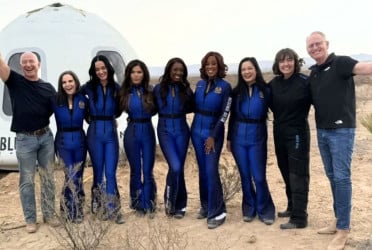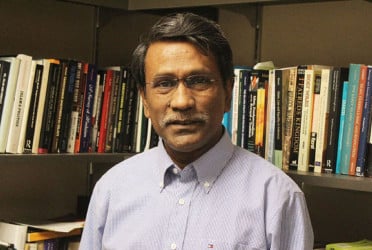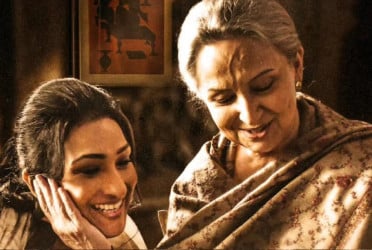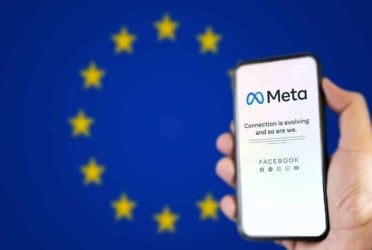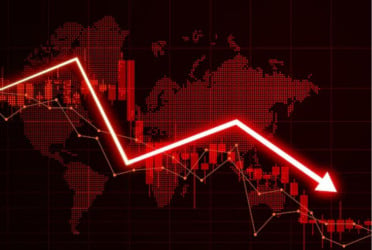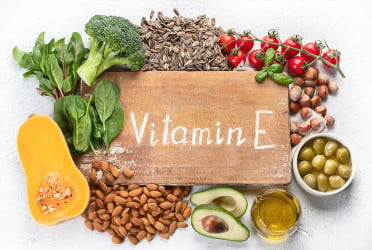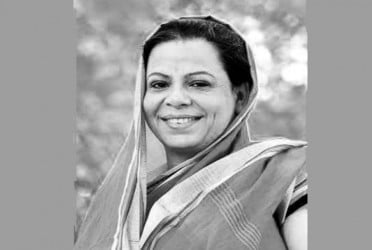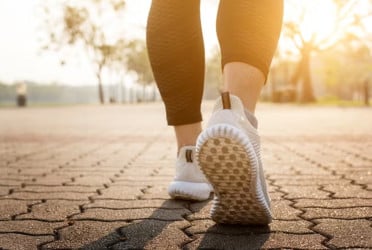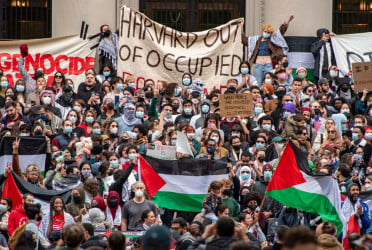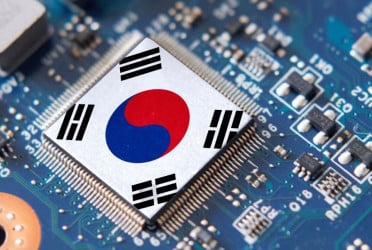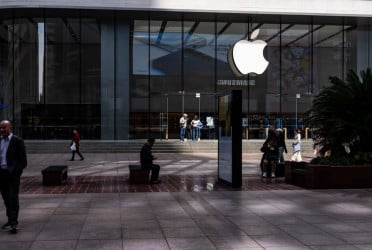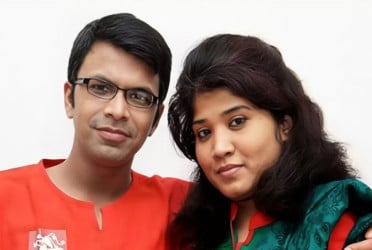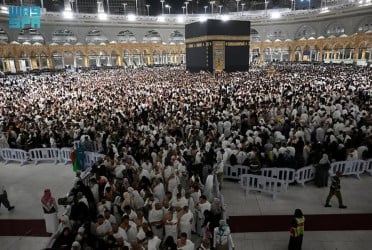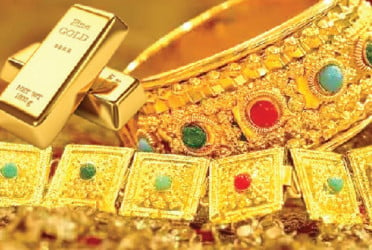The American presidential elections have intensified. For Muslim American voters, exhausted after observing 13 months of U.S. complicity in the Gaza genocide, choosing between a Harris or Trump presidency feels akin to falling into a dark abyss.
Regardless of one's views on the Gaza situation, it's undeniable that American democracy is more at risk now than it has been in the past eight years. Sadly, despite the widespread concern about the state of democracy, this urgency seldom results in increased voter turnout.
Several factors contribute to America's low voter turnout.
First, unlike many other developed nations, the U.S. does not automatically register citizens when they reach voting age. Second, the voting process is complicated, with different states having varying requirements for photo IDs, election deadlines, absentee ballots, and early voting procedures. Trust is also a significant issue. While Americans are passionate about pressing political topics such as immigration, climate change, gun violence, and abortion rights, their confidence in the government to address these issues is low; only two percent believe the government does what is right "just about always."
As a result, only around two-thirds of Americans participate in presidential elections, with younger voters especially experiencing political apathy. However, American capitalism may have found a solution to this voter indifference and low turnout: the phenomenon of American celebrity culture.
To understand how American celebrities can influence voter turnout and choices, we need to examine America's consumer culture, which encourages individuals to define their identities through what they consume.
This culture has effectively promoted celebrities as role models. Social media amplifies this by making celebrities' lives more relatable and accessible, creating a sense of connection. By turning celebrities into commodities, American capitalism has nurtured parasocial relationships where fans feel a bond with these figures and see them as relatable icons to emulate.
Given their significant influence in American culture, a celebrity's endorsement can help a political candidate reach new audiences, raise funds, attract large crowds, and gain media coverage.
For example, in 2020, Hailey Bieber appeared in advertisements encouraging America’s eight million new teenagers to create voting plans, emphasizing that voting “will impact millions of lives—especially women.” In 2019, Ariana Grande promoted voter registration by setting up booths at her concerts. Kylie Jenner's call for her then-196 million followers to register to vote in 2020 resulted in an 80% increase in registrations. YouTube star David Dobrik even gave away Teslas to promote new voter registrations. In 2022, when Billie Eilish, Mariah Carey, and Alicia Keys addressed the shortage of poll workers on social media, nearly 60,000 people signed up to help.
According to an August 2024 Harvard study on celebrity civic engagement, “Seeing a celebrity you respect celebrate their identity as a voter can change your perception of what it means to be a voter. It can inspire and motivate you to integrate civic participation into your worldview.”
Of course, some critics have dismissed these efforts, urging celebrities to stick to their areas of expertise. In 2018, Fox journalist Laura Ingraham infamously told NBA star LeBron James to “shut up and dribble,” expressing disinterest in political advice from someone who earns “$100 million a year to bounce a ball.” NBA player Draymond Green provided a sharp response, noting, “They say athletes can’t speak on politics. I find that funny because everyone thinks they can speak basketball.”
Despite occasional criticism, celebrities serve as a powerful and cost-free resource for political campaigns. Now more than ever, they are willing to engage in political issues and support candidates.
Take Taylor Swift, for example.
In 2018, Swift posted an Instagram story urging her then-112 million followers to register to vote at vote.org. Within just 24 hours, 65,000 new voters registered. This year, after endorsing Kamala Harris, half a million people registered to vote in a single day.
In her 2020 documentary, Miss Americana, Swift offers viewers a look at her private discussions about politics. The audience sees her, visibly emotional, expressing to her parents and management, “This is something that I know is right, and I need to be on the right side of history. And if [Phil Bredesen] doesn’t win, then at least I tried… it really is a big deal to me.” While her management cautioned that political posts could negatively impact her career, endorsing political candidates has not seemed to hurt Swift, who is currently on the highest-grossing tour in music history.
It's important to note that American celebrities are not simply volunteering their support for democracy out of goodwill; they engage in a mutually beneficial relationship with political candidates.
Political campaigns gain from celebrity endorsements, which help them connect with potential voters, while celebrities benefit by aligning themselves with candidates, offering an easy way to gain visibility and associate with something more significant.
For example, Beyoncé's endorsement of Hillary Clinton during the 2016 presidential election allowed her to access influential political circles and events, enhancing her status from entertainer to a prominent leader. This opportunity also helped her advance her advocacy work through her BeyGOOD Foundation.
Similarly, Leonardo DiCaprio often endorses candidates, such as Harris, who focus on climate change and environmental policies, using these endorsements to raise awareness of the issues he is passionate about among a wider audience.
Before Kamala Harris took Biden's place on the presidential ticket, the Biden campaign lacked energy and charisma, making a Trump victory feel almost certain. However, Harris's nomination as the Democratic presidential candidate in August 2024 quickly revitalized the party.
Since becoming the nominee, Harris has attracted numerous high-profile celebrity endorsements on the campaign trail.
Most recently, Beyoncé joined Harris at a rally in Houston. Rumor has it that Trump was delayed for his own rally that night because he was watching the Harris/Beyoncé event from his limo. Other major celebrities supporting Harris include Arnold Schwarzenegger (a former Republican governor), Jennifer Lopez, George Clooney, Matt Damon, Anne Hathaway, Sarah Jessica Parker, Bad Bunny, and billionaires Mark Cuban and Bill Gates. Charli XCX even tweeted “kamala IS brat” in response to Harris's campaign adopting the “brat summer” trend. Additionally, the cast of Marvel’s Avengers recently released a video expressing their support for Harris, while musical sensation Billie Eilish and her brother also announced their endorsement.
The Trump campaign has its own celebrity backers, with Trump himself being a product of celebrity culture. However, the celebrities aligned with his campaign tend to be either a) lesser-known figures, particularly to younger voters who need more encouragement to participate (like Kid Rock, Dr. Phil, Paula Deen, and Dennis Quaid), or b) individuals as controversial as Trump himself, such as Kanye West, Elon Musk, and Mel Gibson.
Brands and publications are also getting involved in the 2024 presidential elections. The Harris campaign has launched a 20-piece Designers for Democracy collection featuring top designers like Vera Wang, Prabal Gurung (who created a shirt stating "reproductive rights = human rights"), Thom Browne, Gabriela Hearst, and Aurora James (who designed a shirt that says “America is an Idea”).
Additionally, makeup brand Glossier has set up partnerships with Ignite National, a civic engagement organization, placing team members in stores across the country to promote voter registration.
In a notable development, Nika Soon-Shiong, daughter of Los Angeles Times owner Patrick Soon-Shiong, garnered attention by announcing that the publication would not endorse a candidate in 2024, stating, “for me, genocide is a line in the sand.” Her father later clarified that she was not involved in the decision not to endorse a candidate.
The controversy surrounding the Los Angeles Times highlights a divide between presidential candidates and certain voter groups who feel marginalized and overlooked, especially concerning the ongoing genocide in Gaza.
But does any of this truly matter? Does having a prominent celebrity translate to significant impact? Can a celebrity promoting a candidate or brands selling campaign merchandise actually influence voting behavior?
In an interview with History.com, NYU Tisch School of Arts Professor Laurence Maslon expressed doubt, suggesting that celebrity endorsements often benefit the celebrities more than the candidates themselves. “I think the reality and the irony is that an endorsement does more for the endorser than the endorsee,” Maslon remarked. “I really wonder if any celebrity endorsement has ever won a candidate a race.”
However, a Harvard study from August 2024 indicates that there is “rigorous evidence that [celebrity] voices are incredibly powerful” in fostering civic engagement and influencing polling results.
As my therapist likes to say, two truths can coexist. One truth is that, despite record voter turnout in recent elections, the U.S. ranks 31st out of 50 developed nations in eligible voter participation. The other truth is that there is no more significant factor in making one’s voice heard and shaping our future, and that of our children, than participating in democracy through voting.
(Source:DAWN)
BD-Pratidin English/Mazdud

